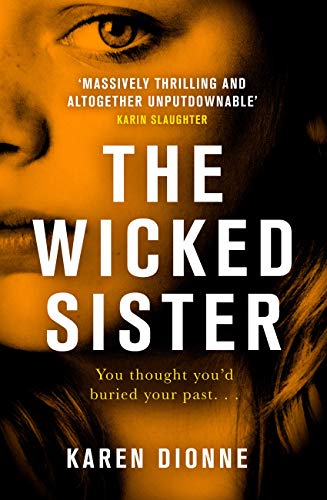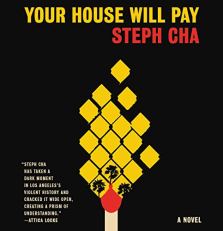These are “OK-I’ll-take just-another-walk-around-the-block” audiobook listens. Award-nominated stories, great narrations! Click on the titles for my Amazon affiliate links. Enthralled by every one of these!

Lawrence Wright must have really polished up his crystal ball before writing this medical/political thriller about a brutal pandemic. A Pulitzer Prize-winning journalist, he has a knack for describing scientific complexities and capturing both the big political picture and the significant details. The hero of the book is Henry Parsons, an American physician from the Centers for Disease Control trying to control the uncontrollable as world leaders behave in all-too-familiar, self-serving, short-sighted ways. Near the end, the book strays into conventional thriller territory, but the rest is terrific.
Mark Bramhall read the audio version, and I could hear Dr. Anthony Fauci every time he delivered Parsons’s words. Read my full review here.

In Lauren Wilkinson’s highly regarded debut novel, it’s 1986 and Marie Mitchell is an FBI intelligence officer. As a young Black woman, she feels passed over, and her boss is hostile. She’s approached by CIA operatives running a campaign to discredit Thomas Sankara, the charismatic, pro-Communist president of Burkina Faso, and Marie agrees to help. What Marie doesn’t expect is to fall under Sankara’s magnetic spell. Long after leaving Africa, the long tail of retribution is still chasing her, with deadly intent. Marie’s strong relationships with her family give the book tremendous resonance. Narrated by Bahni Turpin, beautifully

The Stranger Diaries Elly Griffiths’ award-nominated story describes Clare Cassidy, a high school English teacher with an affinity for the long-dead gothic horror writer R.M. Holland and his most famous work, “The Stranger,” a short story about a macabre murderer. When colleagues at the school where she teaches—where Holland himself lived and worked—start being murdered, there are mysterious links to Holland and every reason to think Clare may be next. Narrated by Esther Wane, Sarah Feathers, Anjana Vasan and Andrew Wincott, who reads “The Stranger,” bit by bit.


















